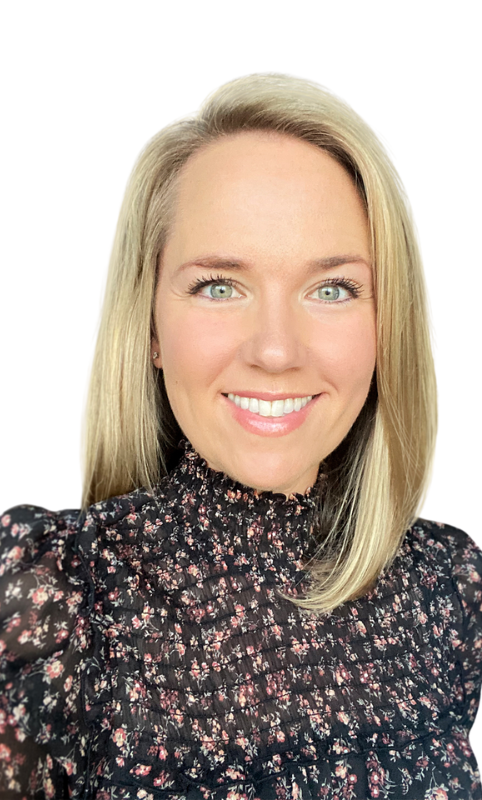When seeking advice or help in many important areas of life, we instinctively understand the value of making sure that the person providing us with assistance is thoroughly qualified and has the necessary expertise. Obviously, no one would seriously consider making an important medical decision without consulting someone who had the right credentials—either an MD or a Doctor of Osteopathy degree. And for more specialized information, most would ask for recommendations for someone who has taken additional training, such as a cardiologist, an oncologist, or one of the other areas of medical specialization. Similarly, those who require assistance with legal matters will typically want to be sure that the person they consult has the necessary training and degrees to be able to practice law and provide accurate, authoritative guidance. it’s unlikely, for example, that anyone would be willing to be represented in court by someone who didn’t have a bona fide law degree and license to practice.
When it comes to financial planning, is there a similar standard that should be applied? Is there a professional credential that offers a reasonable expectation that the person holding it is qualified to give authoritative, professional financial guidance? Certainly, for tax advice, it is wise to choose a certified public accountant, or CPA. But what about investing, retirement funding, or other financial planning needs? Is there a professional designation that indicates the holder has the necessary knowledge, expertise, and experience to help with needs like these?
What Is a Certified Financial Planner® Professional?
To become a Certified Financial Planner® Professional, an individual must complete a rigorous course of study designed to provide a thorough understanding of the basic principles of investing and financial planning and then pass a two-part examination that covers topics like wealth management, tax planning, investment management, insurance, retirement planning, estate planning, and other important financial topics. The successful candidate must then, in order to maintain the designation, take ongoing continuing education courses in order to remain current in best practices and developments in the financial industry. Only after fulfilling these requirements is the person then qualified to perform important financial planning tasks such as creating personalized financial plans, advising about retirement funding, making recommendations concerning insurance, creating strategies for education funding, and other important financial advising functions.
The Fiduciary Relationship
Central to the work that CFP® professionals perform for their clients is the fiduciary obligation. We’ve written previously about the importance of the fiduciary relationship for ensuring that the advice and guidance received from a financial planner conforms to the client’s best interests. Basically, the fiduciary requirement for CFP® professionals is to deliver advice and made recommendations that keep the client’s best interests foremost. This means, among other things, that a CFP® should always make recommendations on the basis of what is best for the client, not the financial benefit to the CFP® or their firm. In other words, a CFP® professional who is upholding the fiduciary obligation should be focused on what the client needs, not on selling a product in order to generate a commission.
Who Can You Trust?
How can you know if a financial professional is acting as a fiduciary? Here are some questions you can ask of anyone whom you are considering as a provider of financial advice:
- Are you required to do what is in my best interest, or only what is suitable for me? This question may be the most important of all. Advisors who adhere to the fiduciary standard must always give advice and recommendations that place the client’s best interest ahead of everything else. Advisors who are only required to meet the “suitability” standard may make various recommendations, as long as they are deemed “suitable” to the client’s situation. There is no higher standard for financial advice than the fiduciary standard.
- Are you a fiduciary? The word “fiduciary” carries an important meaning: it literally implies that a relationship of trust exists. To act as a fiduciary toward another person or entity is to act in a manner that keeps that person or entity’s best interests foremost at all times. A financial advisor who subscribes to a fiduciary standard in relationship to clients is ethically obligated to place the client’s interests ahead of everything else.
- How are you compensated? Financial advisors and representatives get paid in various ways. Some are paid from commissions on the products they sell; others charge a fee for their services based on the amount of assets they are managing for you. Some charge hourly rates, and some are paid fees by the companies whose products they represent. What you want is an advisor who will make recommendations based on what is in your best interest, not based on how much they get paid to sell a particular product or service.
- How do you arrive at your recommendations? On what sort of research does this individual base his or her advice? What sort of research resources do they have access to? What constitutes a well-founded recommendation?
As you ask questions like these, listen carefully to the answers. Is the person using terms you understand? Do they seem willing to spend the time necessary to ensure that you have the information you need? If they seem to be using “insider” language or “investment-ese,” you should probably find someone else to talk to. Because of the fiduciary obligation, a professional, fiduciary advisor who puts your needs ahead of everything else should be willing to make certain that you understand what is being said and how it applies to your unique situation.
Mathis Wealth Management is committed to the fiduciary principle in financial advising. Our Certified Financial Planner® professionals are committed to providing advice and recommendations that place the client’s interests ahead of everything else. To learn more about how we deliver personalized guidance, please visit our website.












